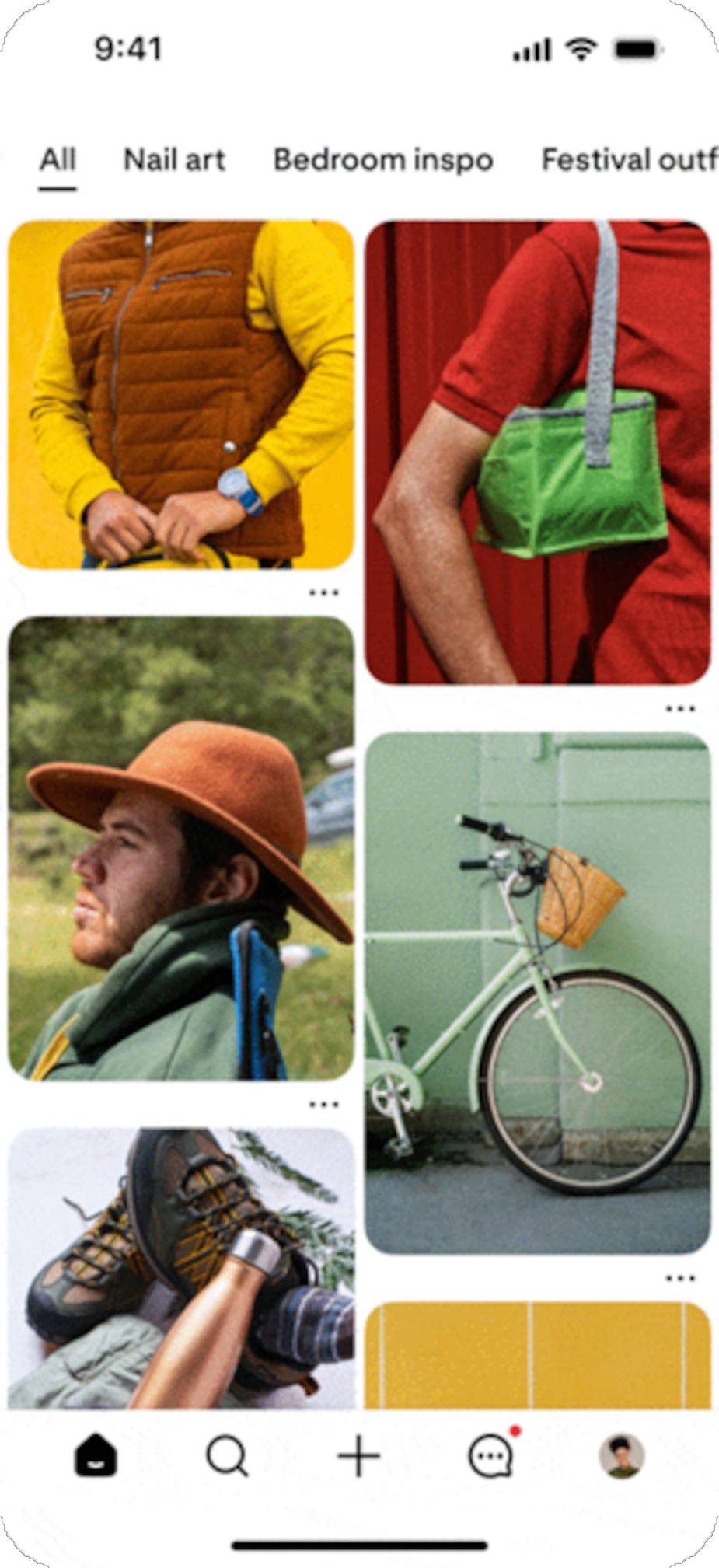
Pinterest Rolls Out In-App Prompt to Discourage Phone Distractions in UK Schools

British teenagers say they need help in school. Not just with their classwork, but with their mobile phones - those pinging, buzzing devices they love so much they can’t put them down, even during class. According to new data from Pinterest, 57% of British 13 - to 16-year-olds are seeking to better manage their time spent on mobile devices.
In time for the new school year, Pinterest will help British teens in the form of a new in-app test prompt encouraging teens to close the company’s app during school hours and turn off all device notifications. It is an improved version of the feature successfully launched in Canada and the United States earlier this year, building on feedback from teen users.
The launch comes at a crucial time: Teens in the UK spend an average of five hours per day on their phones, according to the Pinterest data. Nine in ten feel their phone gets in the way of being present in school or spending time engaging in real-life experiences throughout the day. Over half (54%) believe excessive phone use is as dangerous, or worse than eating junk food all day and not wearing sunscreen.
“In the classroom, students need the opportunity to learn without the constant distraction of apps on their phones,” said Pinterest CEO Bill Ready. “Limiting the use of phones in schools is a topic more prevalent than ever amongst educators and government, but to be truly effective, tech companies need to be part of the solution. Pinterest is setting out to support students, parents and teachers, who should not shoulder the responsibility alone.”

Pinterest tested the prompt in the US and Canada earlier this year, becoming the first platform to introduce such measures. Over 1.3 million students viewed and clicked on the prompt in less than one month.
It works like this: When a teen opens the Pinterest app during school hours, a message pops up encouraging them to turn off the Pinterest app along with all phone notifications. Teens in Canada and the United States welcomed the feature, but said the messages read like they were coming from a parent or a teacher. To give the prompt a peer-to-peer tone, Pinterest updated the language to be more casual and relatable through phrases such as 'busy being brilliant?' and 'take a break'.
The biggest challenges teens face when trying to take a break from their phones are boredom (52%) and a fear of missing out (40%), according to Pinterest data. Encouragingly, almost 40% say tools like prompts or settings to gently remind them to pause would help them manage their screen time more effectively.
Mark Rowland, chief executive of Mental Health Foundation, said, “We welcome the introduction of this measure by Pinterest. Digital platforms can offer opportunities for creativity, connection and self-expression. But they should be used in ways that support, rather than undermine mental health. As a society, we are still in the process of establishing where the boundaries should lie when it comes to technology, and what healthy and unhealthy use looks like. But one thing is clear – school should be a place for learning and developing real-world relationships with peers. We call on other tech companies to follow Pinterest’s lead in making their own responsible contributions to protecting the mental health of our children and young people.”













